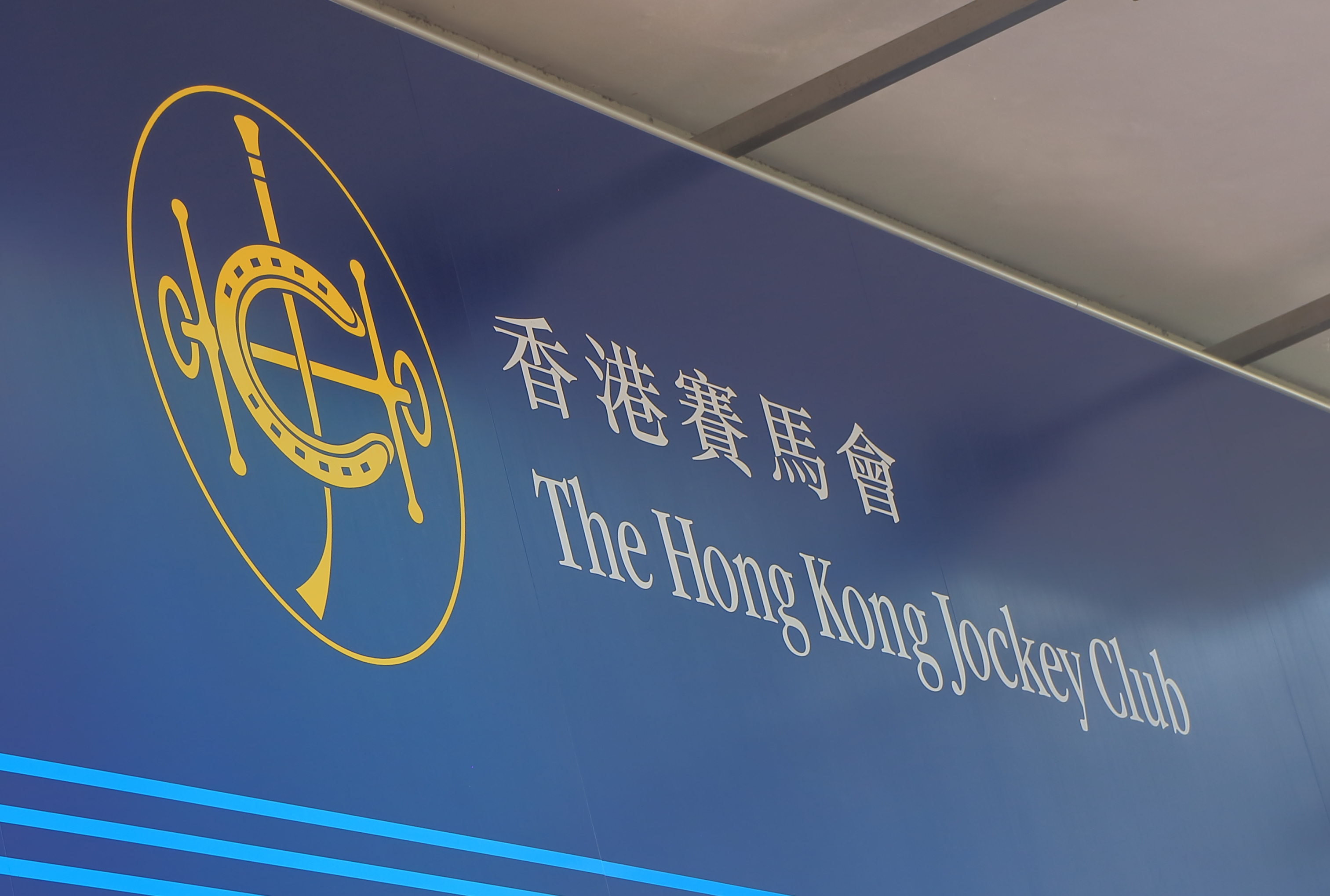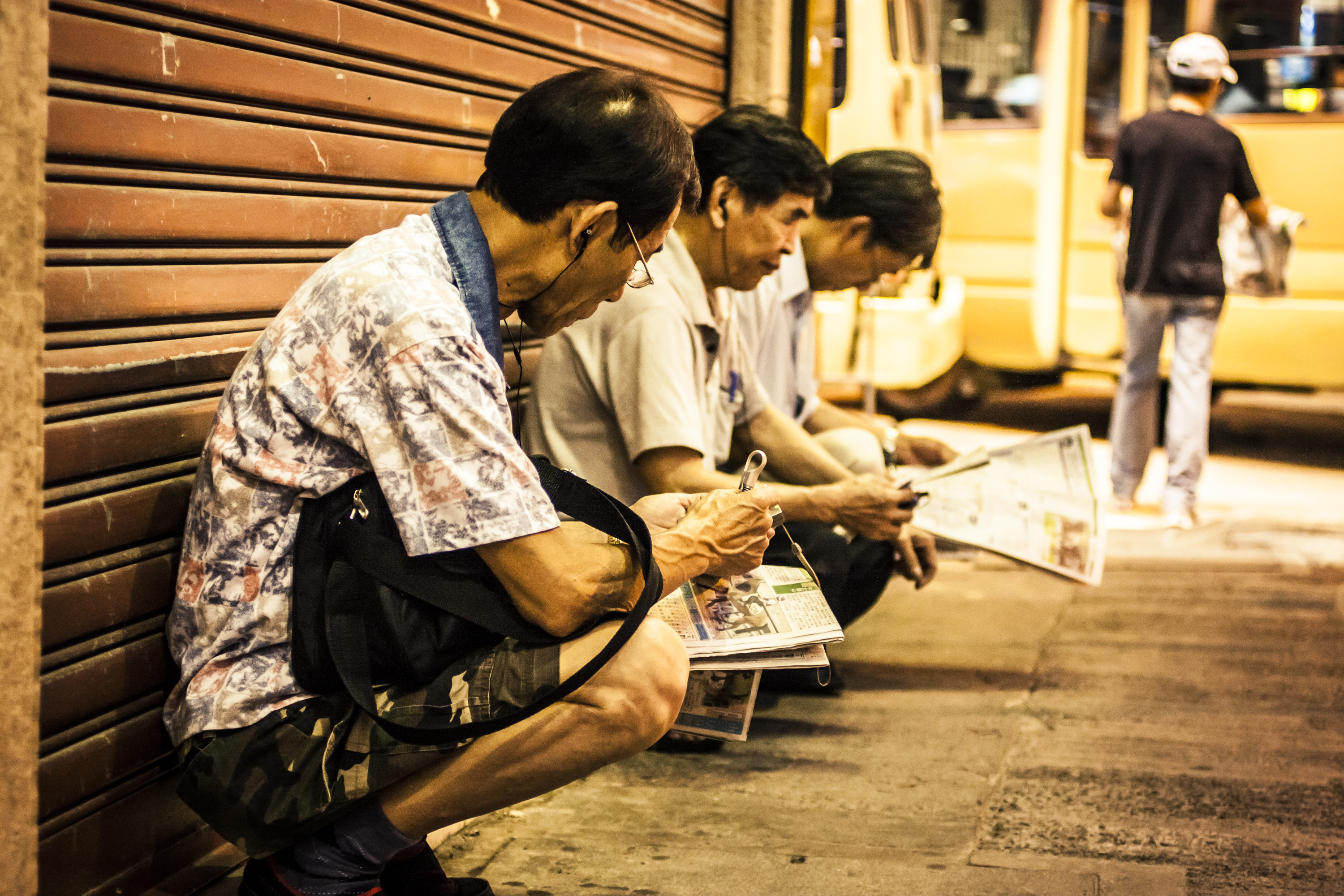HONG KONG - Every 12 year cycle, according to the Chinese calendar, it’s time to celebrate the Year of the Horse. Bettors in race crazy Hong Kong, can’t wait that long - it's always the year of the horse here.
The sport of kings rules this city. Its citizens' love affair with horse racing has been well documented. If you come to Hong Kong, a trip to one or both of its two legendary race courses is as much a part of a tourist's itinerary as taking a sampan ride around the harbour.
But what few people know is that horse racing is actually the backbone of Hong Kong's local economy, generating billions of dollars each year to help support the city's infrastructure. When a bet is placed at either the Happy Valley course or the Sha Tin track, the real winners are the sick, the poor and the elderly.
Profits from the two race courses are used to build hospitals, old-age homes, social welfare centers, swimming pools, schools and even sports stadiums.

Above: The Hong Kong Jockey Club is one of the city's most powerful organizations.
And, judging by the number of cranes that dominate the city's skyline, there's a lot of betting going on in Hong Kong these days.
Last year alone, the Hong Kong Jockey Club reported that almost HK$80 billion (about $16 billion Cdn.) was wagered legally here while another HK$80 billion came into the city's tracks from illegal offshore bets, something the HKJC is trying to curb.
Amazing numbers when you consider that there are only two racing days each week between September and June -with the Wednesday evening program being held at the 106-year-old Happy Valley course and the Saturday or Sunday cards being run at Sha Tin. The courses are shut down in the stifling summer months.
"Our new ultra-modern airport cost HK$79 billion to build so I guess we could build a new one every year off what is bet on horse racing," said Wilson Cheng, the Hong Kong Jockey Club's information secretary.
Cheng also pointed out that revenue from horse racing actually keeps income tax rates low for Hong Kong residents. "If the government ever banned horse racing, they would have to increase personal income taxes by between 15 and 23 per cent to make up the shortfall."
There's very little chance of that ever happening since horse racing is such a passionate part of everyday life here. The Hong Kong work week consists of 51/2 days. It would be a full six but no one works Saturday afternoon. "They either attend the racing at Sha Tin or use that time to place their bets at one of the 125 betting shops scattered around the city," said Nevin Lim, a life-long resident of Hong Kong.
Not all the money goes to charity. The non-profit Jockey Club returns the bulk of the money wagered to the bettors in payoffs - an 80 per cent return last year, according to Cheng. The rest of the money goes to income taxes, charities, the horsemen and upkeep and salaries at the two tracks.
The two tracks are huge, with Sha Tin holding upwards of 80,000 spectators while Happy Valley, which is in the heart of the city and surrounded by skyscrapers, has been known to welcome well over 100,000 patrons to one of its programs. However, in recent years, attendance at the two tracks has been falling, according to Cheng.

Above: The Chinese are among the most prolific gamblers on the planets.
"Attendance at race tracks is falling worldwide and Hong Kong is no different but at least here the betting has stabilized," said Cheng, who pointed out that Happy Valley holds the record for one-day wagering at $1 billion (Cdn.).
"There are just so many other places for the bettors to wager and so they don't have to come to the track anymore."
The local phone company employs 3,200 operators on race days who take up to 800,000 telephone bets.
Bettors are also lured to the tracks here by the promise of some huge payoffs. On the night Lim and I visited Sha Tin, bettors stood to win HK$45 million (almost $5 million Cdn.) in the Triple Trio jackpot, where, for a HK$10 bet, patrons have to correctly pick the first three finishers in each of the first three races.
Since parking spots are at a premium at both tracks, most bettors get to the courses on the city's excellent train or subway systems. The night we attended the races, Lim elected to take a shuttle bus from Hong Kong Island. Before the bus arrived, we noticed a group of young people poring over what looked like homework. It turned out to be that day's racing form.
Most of the 1,000 horses that race here each year are imported from either Australia or New Zealand and most of the riders come from abroad as well, including North America. Once here, the horses are pampered in air-conditioned barns that come complete with swimming pools, piped-in classical music and message therapists.
About the Author
Marc Atchison is a veteran journalist and a seasoned traveller with more than 20 years of travel writing experience. As the former Travel Editor of the Toronto Star, Canada's largest newspaper, and now Editor-in-Chief and Senior Writer for TraveLife magazine (Canada) and travelife.ca, Marc has been to over 100 countries in the world. Japan is one of his favorite destinations and he's been there on numerous occasions.